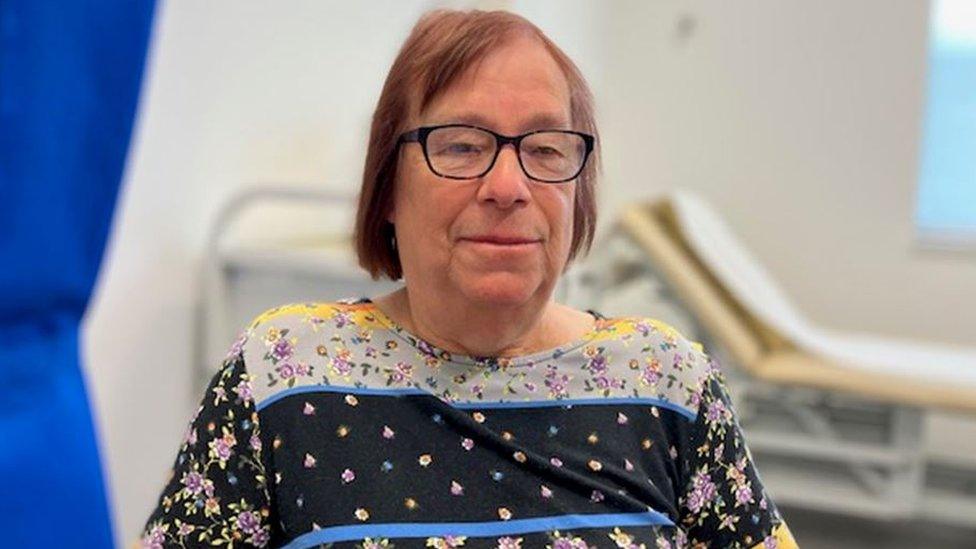Software to spot osteoporosis trialled in Cornwall
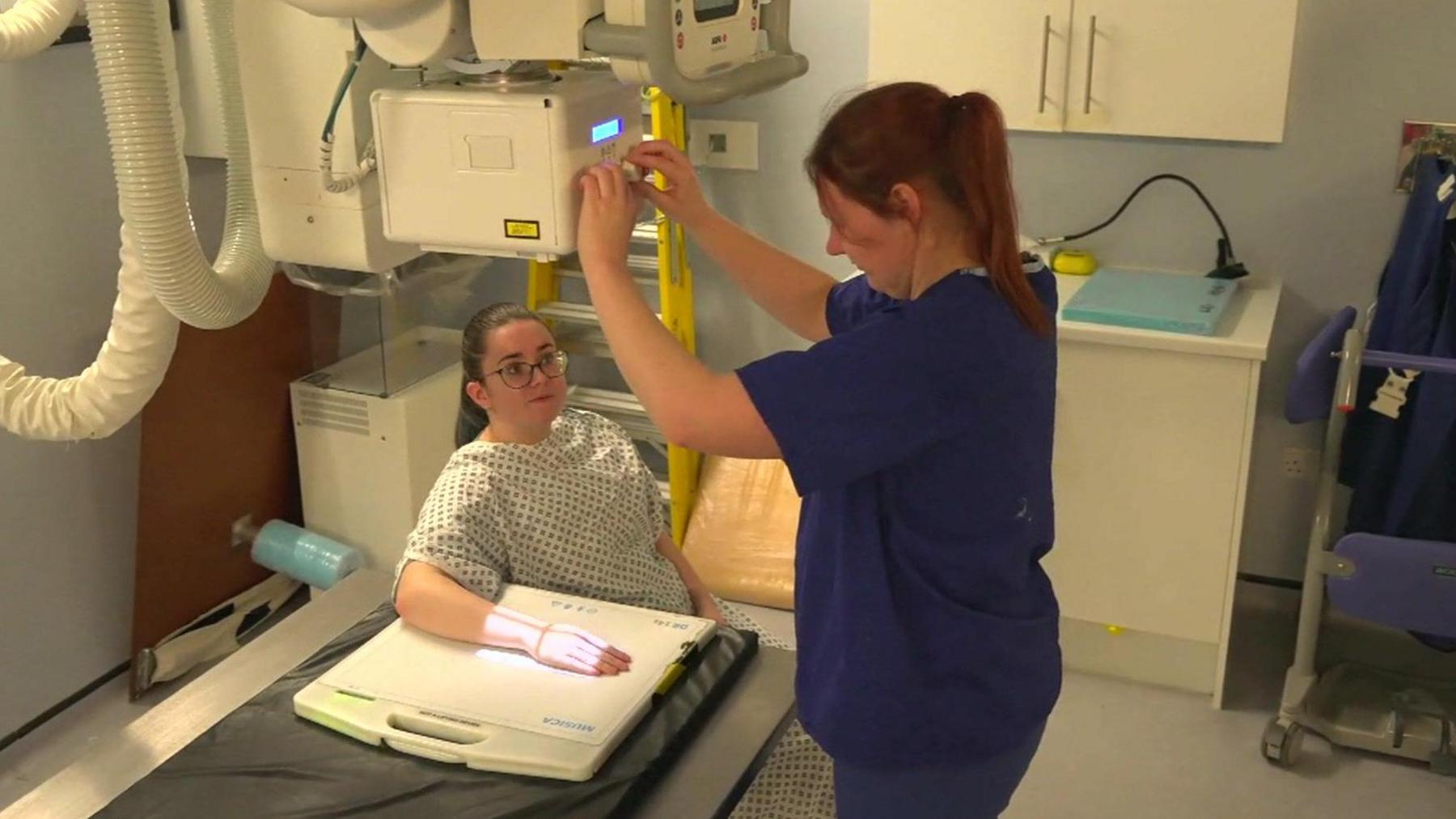
The technology has been developed by scientists from IBEX Innovations and the University of Exeter
- Published
New computer software to identify early signs a patient is at risk of developing osteoporosis is being trialled in Cornwall.
Following its development in partnership with Devon scientists, the technology is being used at the Royal Cornwall hospital (RCH).
The pilot is the first of its kind in England and can predict osteoporosis at an earlier stage than current screening methods, RCH said.
Jill Moss, 74, from Hayle said an earlier diagnosis of osteoporosis would have been “life-changing”, and delays in treatment have left her in daily pain.
The scientists behind the new technology, developed by IBEX Innovations and the University of Exeter, said it will help reduce pain and discomfort for patients, and save the NHS money.
'Hugely expensive'
Osteoporosis affects about 3m people in the UK, with an estimated 500,000 fragility fractures each year, according to the NHS, external.
Penny Lewis, osteoporosis lead at RCH, has long campaigned for new facilities to help detect the condition at an earlier stage.
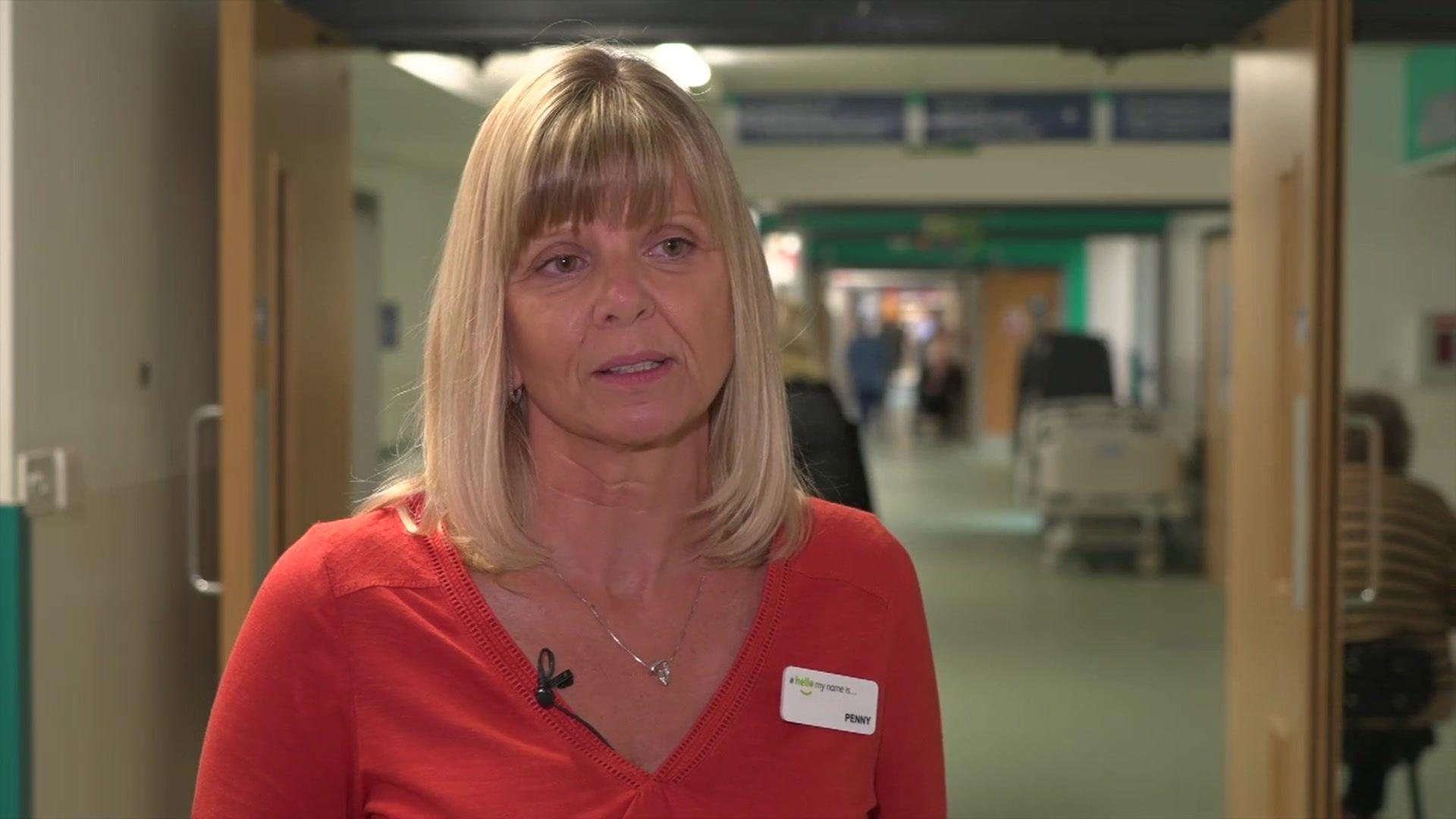
Penny Lewis said the new technology could prevent "suffering"
She said: “Historically patients would come to hospital multiple times, as they’ve had multiple fractures.
"And sometimes these are what’s called silent fractures, so they don’t get picked up.
"So there’s been a lot of suffering before someone’s gone 'maybe they have osteoporosis', and sent them for a scan.
"And now that can be prevented with this software”.
The technology is used in conjunction with an X-ray, and will flag an alert if a patient has low bone density.
Radiographers will then know if that patient needs a further scan to establish if they have osteoporosis.
'Life-changing'
Ms Moss has osteoporosis and said the condition has greatly impacted her life.
She said: “I used to be a really, really, active person.
"My husband and I would take groups to visit ancient sites in Cornwall, which sadly I can no longer do."
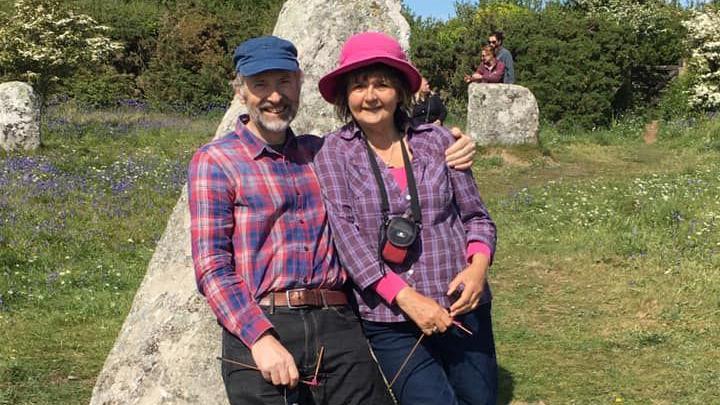
Jill Moss (right) said said an earlier diagnosis of osteoporosis would have been “life-changing”
She added: "I can’t tend my garden anymore. It’s a beautiful garden but it takes a lot of work, and I think we’re going to have to move house, which is devastating."
She believes earlier diagnosis may have helped her: "It's pointless saying 'if only' but if only there had been a follow-up to my annual health check, then treatment might have started all that time ago, and perhaps I might have avoided having four spinal fractures last year”.
Dr Robert Meertens, senior lecturer at the University of Exeter, said: “We know health services for osteoporosis diagnosis are stretched in the UK.
"We believe our collaborative research can contribute to a novel pathway for earlier identification of people at a high risk of low impact fractures."
He added: "With earlier treatment, we can reduce the pain and high costs of fractures in the elderly.”
Follow BBC Cornwall on X (formerly Twitter), external, Facebook, external and Instagram, external. Send your story ideas to spotlight@bbc.co.uk, external.
Related topics
- Published22 January 2019
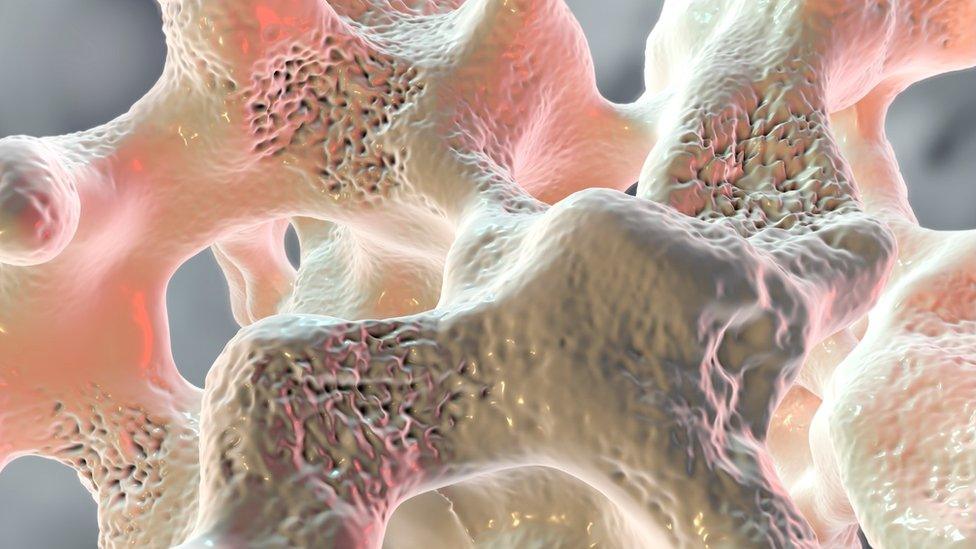
- Published13 March 2024
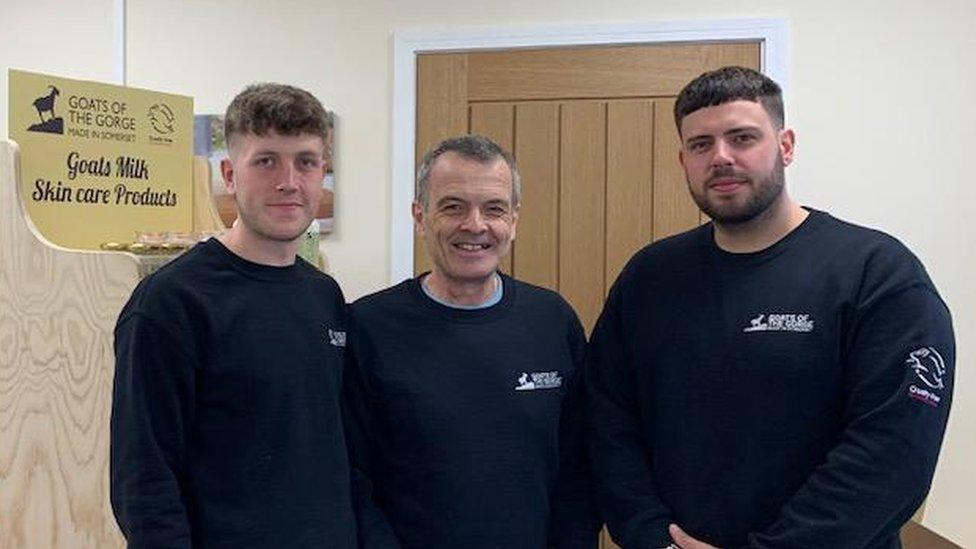
- Published5 June 2023
